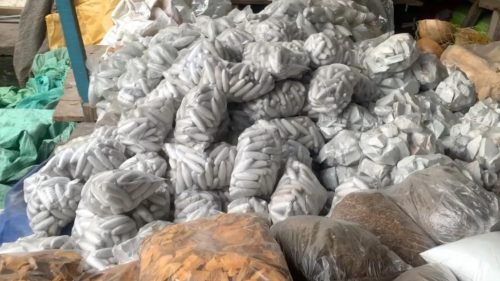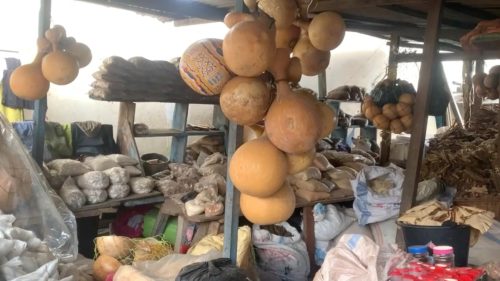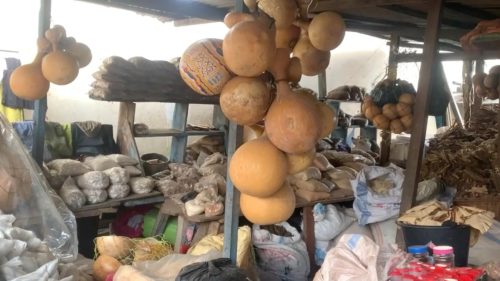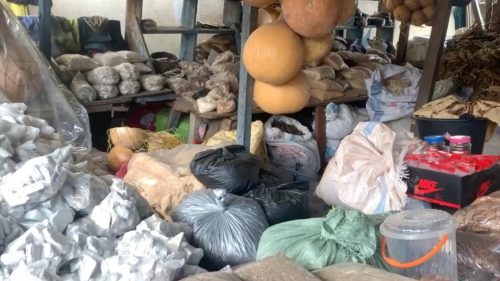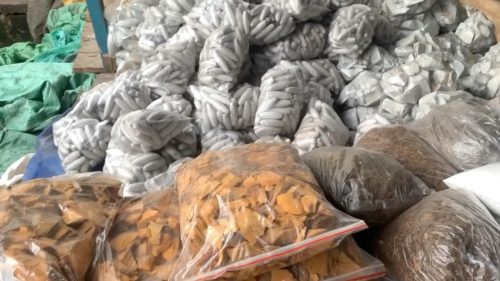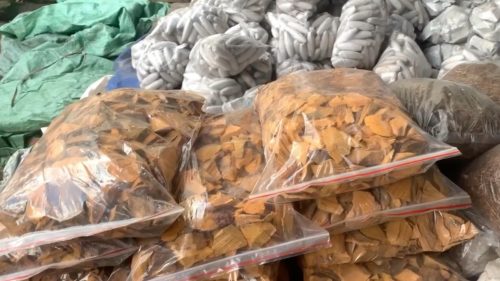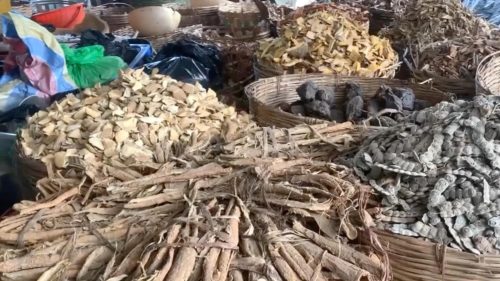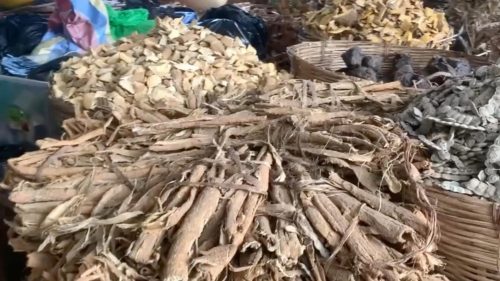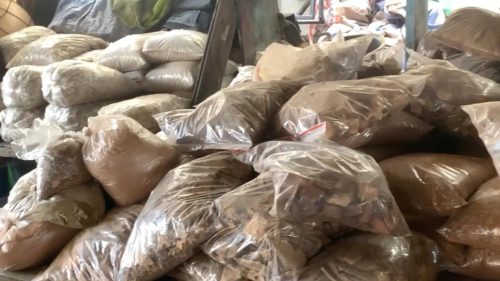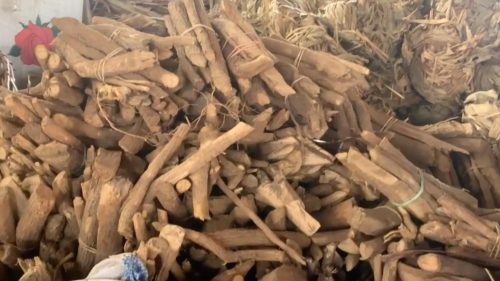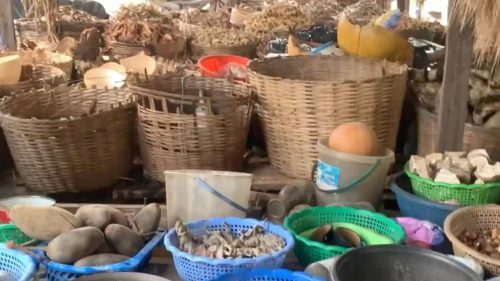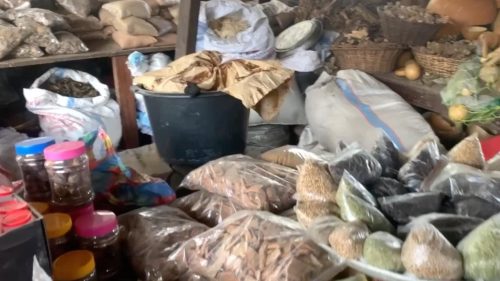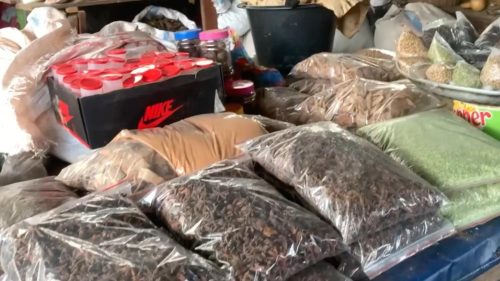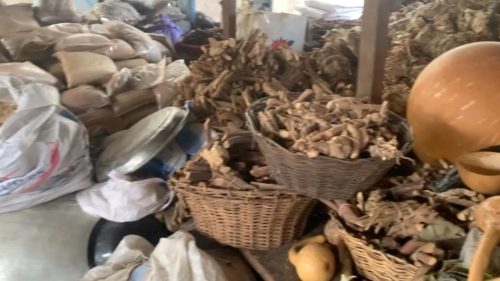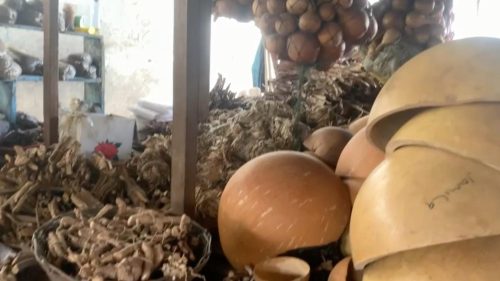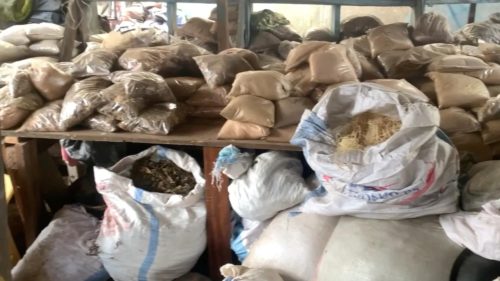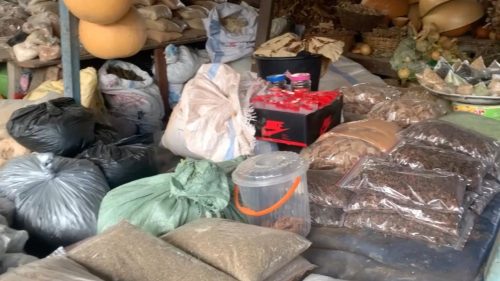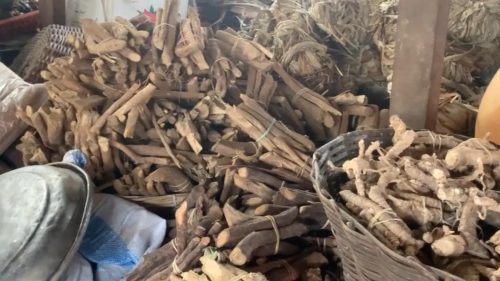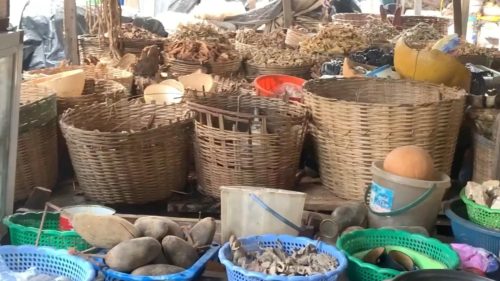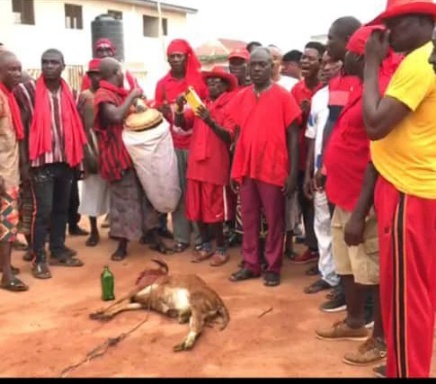Galamsey Threatens Herbal Medicine Practice in Ashanti Region: Practitioners Cry for Government Support
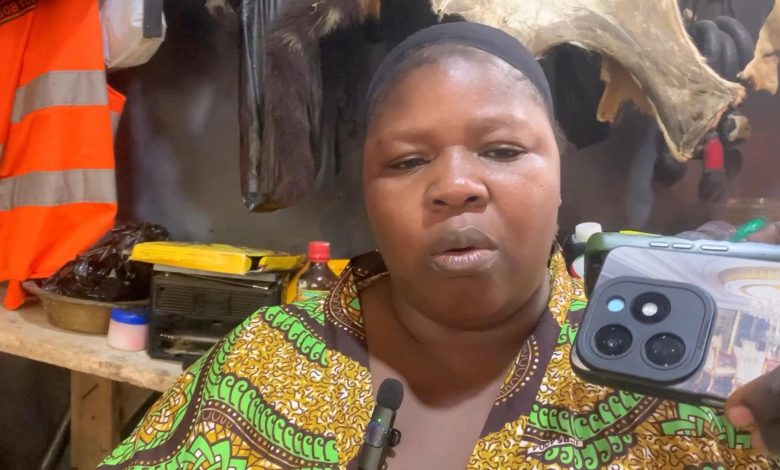
Herbal medicine practitioners in the Ashanti Region are raising serious alarms over the devastating impact of illegal small-scale mining—commonly referred to as “galamsey”—on their livelihoods and the sustainability of traditional health care delivery in Ghana.
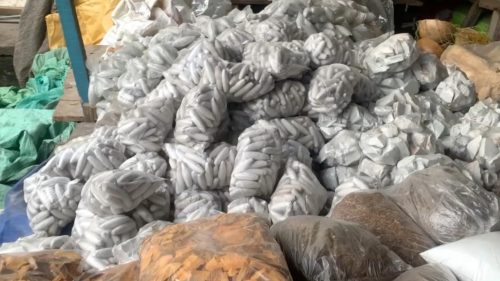
The practitioners say that the relentless destruction of forests and farmlands by galamsey operators is making it increasingly difficult to locate and harvest medicinal plants essential for their practice. In addition to the environmental degradation, the unregulated and dangerous nature of illegal mining has also led to fatal accidents involving herb gatherers.
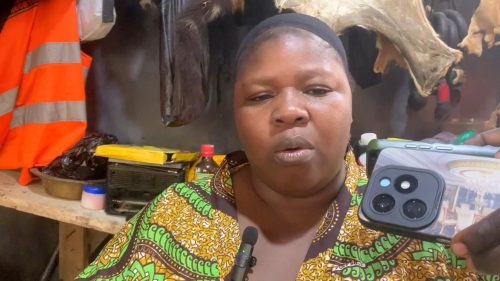
Speaking to journalists in Kumasi, Madam Rahinatu Issa, a well-respected herbal medicine practitioner based near the Kumasi railway, painted a grim picture of the challenges facing her profession due to galamsey activities.
“Herbal medicine depends heavily on plants found in the wild. But because of galamsey, most of our herbal sources have been destroyed. Some of our suppliers have even lost their lives after falling into abandoned pits. This is heartbreaking and discouraging,” she lamented.
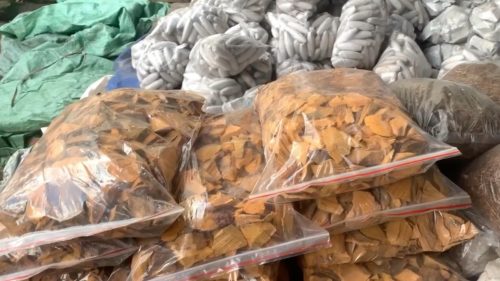
According to Madam Rahinatu, beyond the loss of medicinal plants, the physical danger posed by uncovered mining pits is becoming a tragic reality for herbalists and herb suppliers who often navigate the forests in search of therapeutic flora. She revealed that in recent months, several practitioners have either been injured or lost their lives after stumbling into abandoned pits left behind by illegal miners.
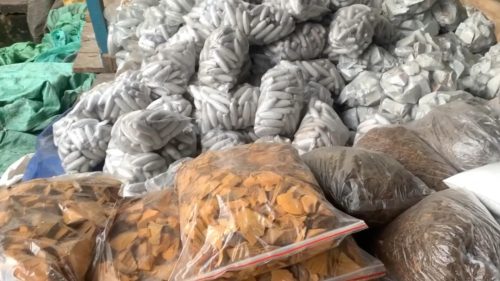
Madam Rahinatu Issa issued a heartfelt appeal to the government, calling for urgent intervention to safeguard the herbal medicine sector. She urged the state to provide financial support to practitioners to enable them to access safer and more sustainable sources of herbs, and also to invest in modern facilities that would help improve herbal processing and preservation.
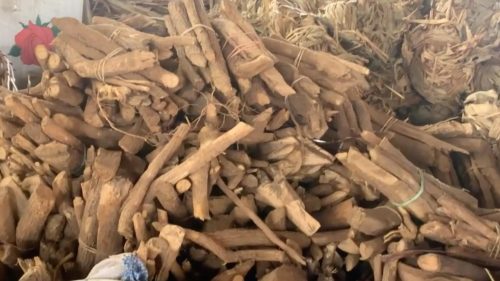
“Our work is crucial to health delivery in Ghana, especially in rural areas. We need government assistance to procure alternative herbal sources and to develop better infrastructure for our work. Without this support, the future of herbal medicine in Ghana is at serious risk,” she stressed.
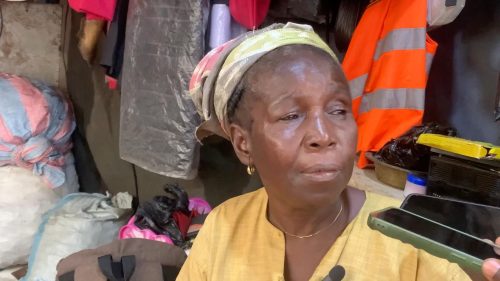
Echoing her concerns, Madam Zainabu Ibrahim, another practitioner based in the Ashanti Region, underscored the indispensable role of herbal medicine in Ghana’s health system. She explained that many communities still depend heavily on traditional medicine for primary health care and preventive treatment.
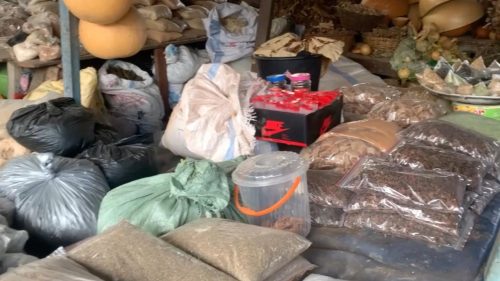
“We need proper facilities and funding to keep this sector alive. Herbal medicine is a key part of our culture and healthcare system. If the government supports us, we can do more to serve the people,” Madam Zainabu noted.
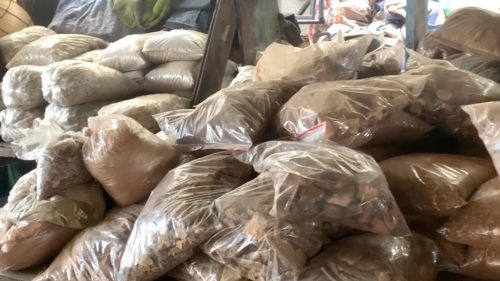
She also called for public education and tighter regulations to combat galamsey, saying that protecting the country’s natural resources would directly benefit not just the herbal medicine profession but also agriculture, water bodies, and biodiversity at large.
The practitioners are urging the Ministry of Health, the Ministry of Environment, Science, Technology and Innovation, as well as traditional authorities and civil society organizations, to take up the matter and work collaboratively to protect Ghana’s rich herbal heritage.
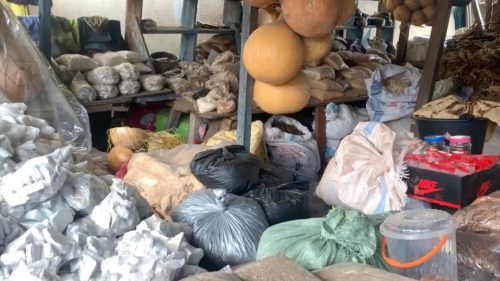
As the threat of galamsey continues to spread across the country, herbalists say time is running out to preserve the plant-based knowledge and traditions that have for generations supported millions of Ghanaians in their health needs.
